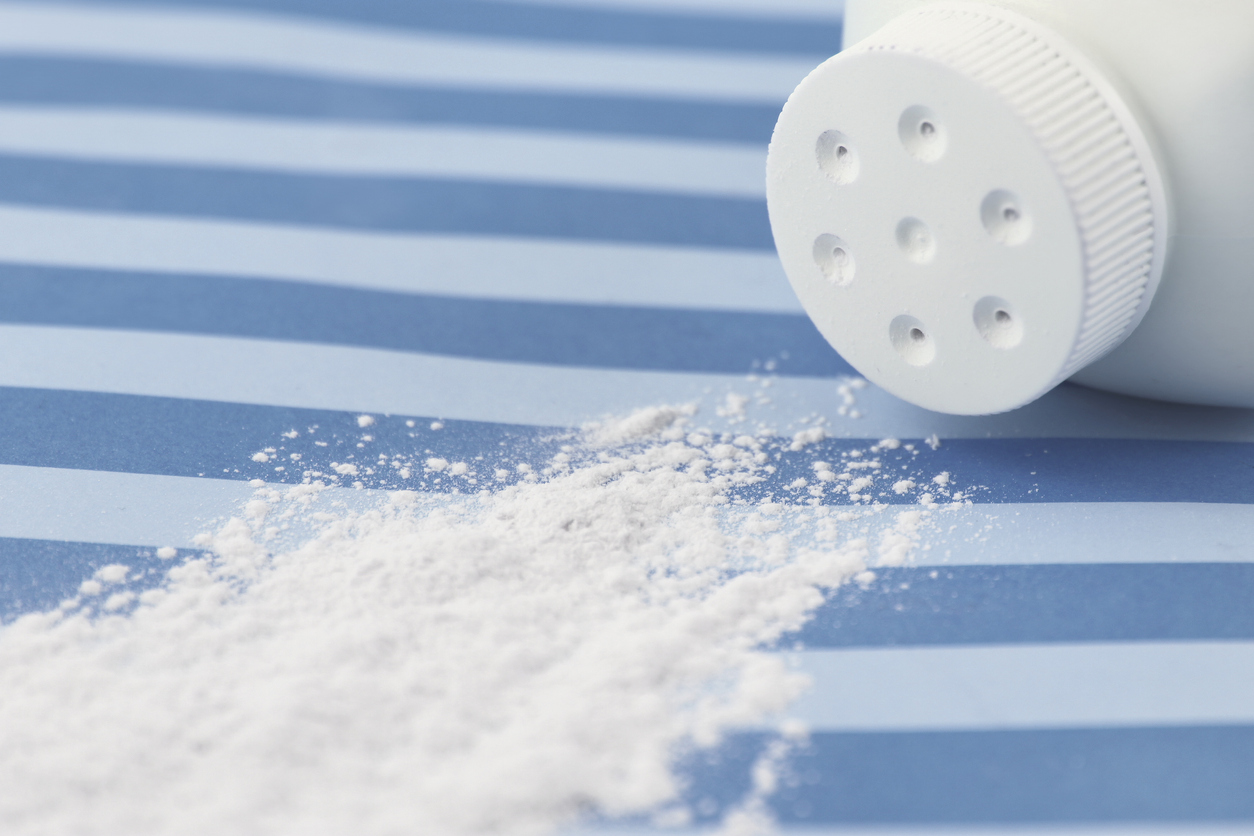A U.S. appeals court rejected Johnson & Johnson’s attempt to transfer tens of thousands of talc-related lawsuits to bankruptcy court. The decision was the first major rejection of an emerging legal strategy that has the potential to upend corporate liability law in the United States.
J&J is one of four major corporations that have filed what are known as Texas two-step bankruptcies in order to avoid potentially massive lawsuit exposure. The strategy entails forming a subsidiary to absorb the liabilities and immediately filing for Chapter 11.
The court ruled that the healthcare conglomerate improperly declared its subsidiary bankrupt despite the fact that it was not in financial distress. J&J’s two-step attempt sought to halt more than 38,000 lawsuits filed by plaintiffs alleging cancer caused by the company’s baby powder and other talc products. The appeals court decision resurrects those lawsuits.
In a series of reports last year exploring corporate attempts to avoid lawsuits through bankruptcies, Reuters detailed the secret planning of Texas two-steps by Johnson & Johnson and other major firms.
Plaintiffs’ attorneys and some legal experts have argued that the two-step process could set a dangerous precedent, laying the groundwork for any corporation to easily avoid unfavorable litigation. According to two legal experts, the appeals court decision may force companies considering the strategy to more carefully consider its risks.
“It’s a rebuttal to the idea that any company anywhere can use the same tactic to get rid of their mass tort liability,” said Lindsey Simon, a law professor at the University of Georgia.
Bankruptcy filings typically halt litigation in trial courts, forcing plaintiffs into time-consuming settlement negotiations while preventing them from pursuing their cases in the courts where they originally sued.
The 3rd Circuit decision does not apply to three other Texas two-step bankruptcies filed by Koch Industries subsidiaries Georgia Pacific, Saint-Gobain, and Trane Technologies. The 4th Circuit appeals court has jurisdiction over these cases. A similar maneuver was attempted by 3M, which is currently pending in the 7th Circuit.
In a statement, Saint-Gobain stated that the 3rd Circuit ruling had “no direct effect” on its subsidiary’s Chapter 11 case. The company stated that it is still confident in the subsidiary’s legal ability to reach a “final, full, and fair settlement with the asbestos claimants.”
The other companies either did not comment on the 3rd Circuit ruling or did not respond immediately to inquiries. All have previously defended two-step bankruptcies as the most equitable way to pay claims. Plaintiffs’ lawyers have argued that the Texas two-step is an improper use of the bankruptcy system. The strategy employs a Texas law to divide an existing company in two, resulting in the formation of a new subsidiary to shoulder the lawsuits.
Johnson & Johnson, headquartered in New Jersey and valued at more than $400 billion, stated that its subsidiary’s bankruptcy was initiated in good faith. J&J initially pledged $2 billion to the subsidiary to settle talc claims and agreed to fund any eventual settlement approved by a bankruptcy judge.
“It is in the best interests of claimants and all stakeholders to resolve this matter as quickly and efficiently as possible,” J&J stated.
J&J’s argument was rejected by a three-judge panel on the appeals court, which determined that the company’s subsidiary, LTL Management, was formed solely to file for
Chapter 11 protection but had no legitimate need for it. The panel ruled that only a debtor in financial distress can file for bankruptcy. The judges emphasized that J&J assured LTL that it would provide ample funds to compensate talc claimants.
“Good intentions, such as protecting the J&J brand or resolving litigation comprehensively,” the judges wrote in a 56-page decision. “At the time of its filing, LTL was highly solvent, with sufficient cash on hand to meet its liabilities comfortably.”
‘PROJECT PLATO’
The decision could force J&J to fight talc lawsuits in trial courts for years. So far, the company’s record in fighting the suits has been mixed. According to its subsidiary’s court filings, while the company was hit with major judgments in some cases before filing bankruptcy, more than 1,500 talc lawsuits have been dismissed, and the majority of cases that have gone to trial have resulted in verdicts favoring J&J, judgments for the company on appeal, or mistrials.
According to a December 2018 Reuters investigation, J&J officials knew for decades about tests indicating that the company’s talc occasionally contained traces of carcinogenic asbestos but withheld that information from regulators and the public. J&J claims that its talc contains no asbestos and does not cause cancer.
Faced with unrelenting litigation, J&J hired Jones Day, which had previously assisted other companies in executing Texas two-step bankruptcies to address asbestos-related lawsuits.
According to Reuters, J&J’s effort was internally dubbed “Project Plato,” and employees working on it signed confidentiality agreements. A company lawyer advised them not to tell anyone about the plan, including their spouses.
Jones Day did not respond immediately to a request for comment.
The Texas two-step has sparked outrage among Democratic lawmakers in Washington, who have proposed legislation to severely restrict the practice.
Senator Sheldon Whitehouse, a Democrat from Rhode Island, applauded the appeals court decision on Monday. In February of last year, Whitehouse presided over the first congressional hearing on two-step bankruptcies.
“Bankruptcy is meant to give honest debtors in unfortunate circumstances a fresh start,” he said, rather than allowing “large, highly profitable corporations” to avoid accountability for wrongdoing through a legal “shell game.”












